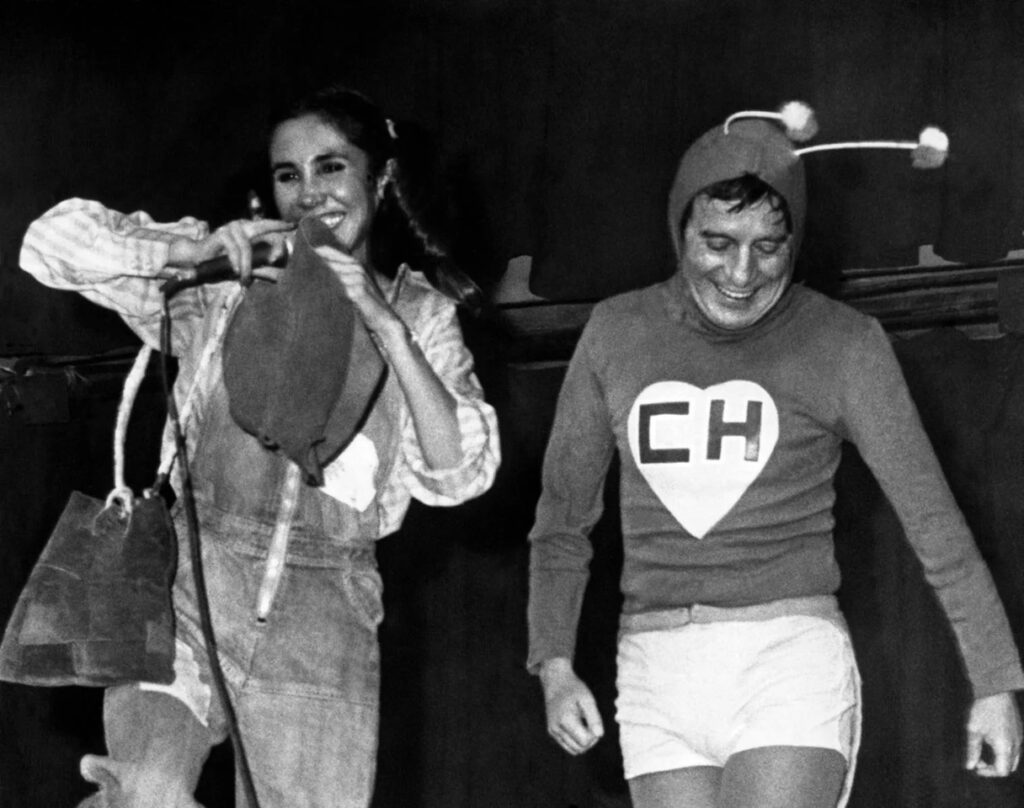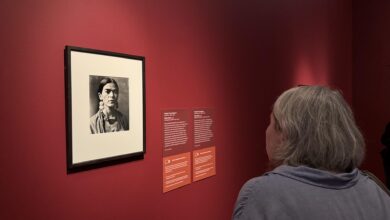Mexican Television Pioneer Chespirito Inspires Fresh Biographical Series

With Max’s new series Chespirito: Sin querer queriendo, audiences revisit the life of Roberto Gómez Bolaños—the shy copywriter who morphed into Latin America’s most beloved clown. Behind the pratfalls, the show uncovers a meticulous artist who turned everyday mishaps into shared delight.
The Little Shakespeare of Avenida Chapultepec
Long before the oversized barrel and superhero antennae, a slender engineering student sat in Mexico City cafés jotting joke ideas on napkins. Born in 1929, Roberto Gómez Bolaños grew up during radio’s golden age, absorbing ranchera ballads and Charlie Chaplin shorts. A Televisa producer dubbed him “Chespirito”—Little Shakespeare—because his sketches paired slapstick with wordplay sharp enough to skewer politics without naming names. By 1971, he had created El Chavo del Ocho—the orphan in the patio barrel—and El Chapulín Colorado, the clumsy red-suited hero whose catch-phrases still pepper Spanish playgrounds from Tijuana to Tierra del Fuego.
Scholars say his genius was democratic: doors that slam too hard, plates that shatter, hunger pains and tongue-twisters—every Latin American family knew the script. “He captured the clumsy dignity of being poor,” media historian Patricia Torres notes.
Filming Laughter, Living Storms
The Max biopic dives into the soundstage where cardboard sets and 18-hour days forged TV history—and simmering resentment. Actors shared an echoing warehouse, tiny dressing rooms, and sudden fame that Televisa’s salaries barely matched. Florinda Meza (Doña Florinda) fell in love with Bolaños; others felt sidelined. Contracts grew contentious, especially over international royalties that ballooned once the show syndicated to 100+ countries. “We were a family—but families fight,” recalls Carlos Villagrán, eternally Quico, in archival audio.
The series dramatizes a 1973 night when filming stalled after Ramón Valdés (Don Ramón) quit over pay disputes. Bolaños rewrote scenes on the spot—then paced alone until dawn, chain-smoking, and whispering punchlines. Actor Pablo Cruz Guerrero, who plays Chespirito, told EFE that portraying those private doubts mattered more than mimicking the famous squeaky voice: “Roberto’s courage was masking insecurity with gags that healed millions.”

EFE
Under Mexico’s PRI governments, satire risked censorship. Bolaños navigated innocently—never naming politicians yet exposing class lines through falling roof tiles and empty soup pots. Critics tagged the show “lightweight,” but ratings proved otherwise; in the late 1970s, El Chavo pulled 350 million weekly viewers across Latin America, dwarfing U.S. imports.
His scripts smuggled empathy into living rooms: the landlord, Señor Barrera, forgave rent, the superhero Chapulín botched rescues yet tried again, and the orphan Chavo found a family in a courtyard of misfits. Cultural analyst Luis Martínez argues optimism soothed nations bruised by dictatorships and debt crises. “Laughter became a survival tool,” he tells Max’s documentary crew.
Even exile could not dim the appeal. In 1980, Chilean junta censors cut electricity to block a subversive episode. Santiago children still recited every line by candlelight; bootleg VHS tapes crossed the Andes like contraband candy.
A Legacy That Outlives the Patio Set
Bolaños died in 2014; a million mourners lined Mexico City’s streets while mariachis played Qué bonita vecindad. Yet his universe kept expanding: animated spin-offs air in 23 languages, TikTok teens lip-sync No contaban con mi astucia, and migrants screen vintage episodes so U.S.-born kids learn Spanish without homework groans.
The biopic arrives amid renewed legal skirmishes over character rights—Florinda Meza blocked her likeness, Televisa guards archives—but viewers mainly crave the origin story: a bashful writer who turned clumsy knocks into continental shorthand for resilience.
Max executives predict substantial global numbers; classroom teachers hope subtitles will bridge ESL lessons; and in a favela outside São Paulo, 10-year-old Rafaela still tapes bottle caps to her sneakers to imitate Chapulín’s antennae. “Ele ajuda a esquecer problemas,” she says—he helps forget problems.
Also Read: Cuban Iconic Voice Celia Cruz Immortalized During Hundredth-Year Tributes
Roberto Gómez Bolaños once wrote that comedy is “tragedy viewed through the wrong end of a telescope.” A century after his birth, that reversed lens shrinks our fears and enlarges our everyday silliness. Whether audiences tune in for nostalgia or discovery, the new series reminds us of a simple truth tucked inside every pratfall: we all trip, laugh, and—sin querer queriendo—keep getting up.





